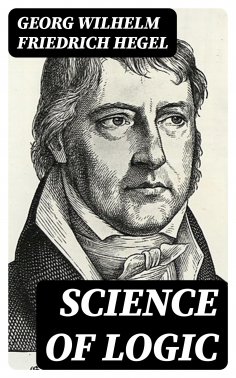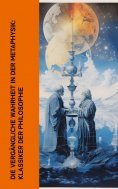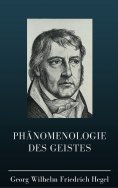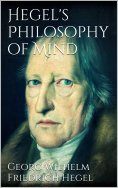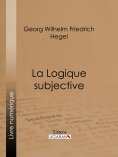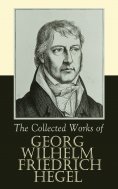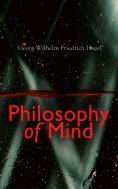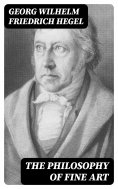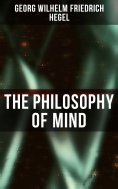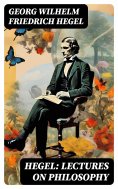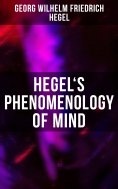Science of Logic
Über das eBook
Georg Wilhelm Friedrich Hegel's 'Science of Logic' is a monumental work that delves into the complexities of dialectical reasoning and the nature of truth. Written in a dense and systematic style, the book explores the development of thought and the metaphysical underpinnings of reality. Hegel's elaborate arguments and intricate logic provide a profound insight into the workings of the rational mind, making it a cornerstone of German idealism and a key text in the history of philosophy. The 'Science of Logic' is not just a philosophical treatise, but a profound examination of the fundamental nature of knowledge and existence. Hegel's writing style is challenging yet rewarding, requiring careful study and reflection to fully grasp its depth and complexity. Readers interested in delving into the depths of metaphysical thought and exploring the intricacies of dialectical reasoning will find this work immensely rewarding and intellectually stimulating.
Über den Autor
Georg Wilhelm Friedrich Hegel (1770–1831) was a profound German philosopher, who is best recognized for his significant contributions to the realms of metaphysics, epistemology, political philosophy, ethics, and aesthetics. A central figure in German Idealism, he developed a comprehensive philosophical framework, or 'system,' which he envisioned as unveiling the structure of reality itself. Hegel's philosophy is encapsulated in his dialectical method, an approach that suggests that history progresses through a series of contradictions and their resolutions, ultimately leading to a form of absolute knowledge.
One of Hegel's most notable works is the 'Science of Logic' ('Wissenschaft der Logik'), published in three volumes between 1812 and 1816. This formidable text is a cornerstone of his intellectual edifice and illustrates his revolutionary take on the principles of logic and the nature of thought. Here, Hegel argues that the true structure of thought resides in dialectical reasoning, rather than in the formal logic of his predecessors. His emphasis on the processual nature of reality and thought, and the unity of content and form, exemplifies his method and profoundly influenced subsequent philosophical traditions such as Marxism, existentialism, and various strains of contemporary thought. Hegel's style, dense and challenging, continues to provide fertile ground for scholars and students of philosophy.
Produkt Details
Verlag: DigiCat
Genre: Sprache - Englisch
Sprache: English
Umfang: 310 Seiten
Größe: 680,3 KB
ISBN: 8596547388401
Veröffentlichung: 13. November 2022
